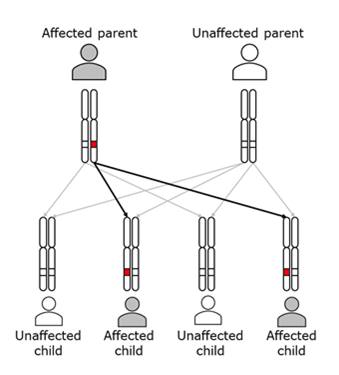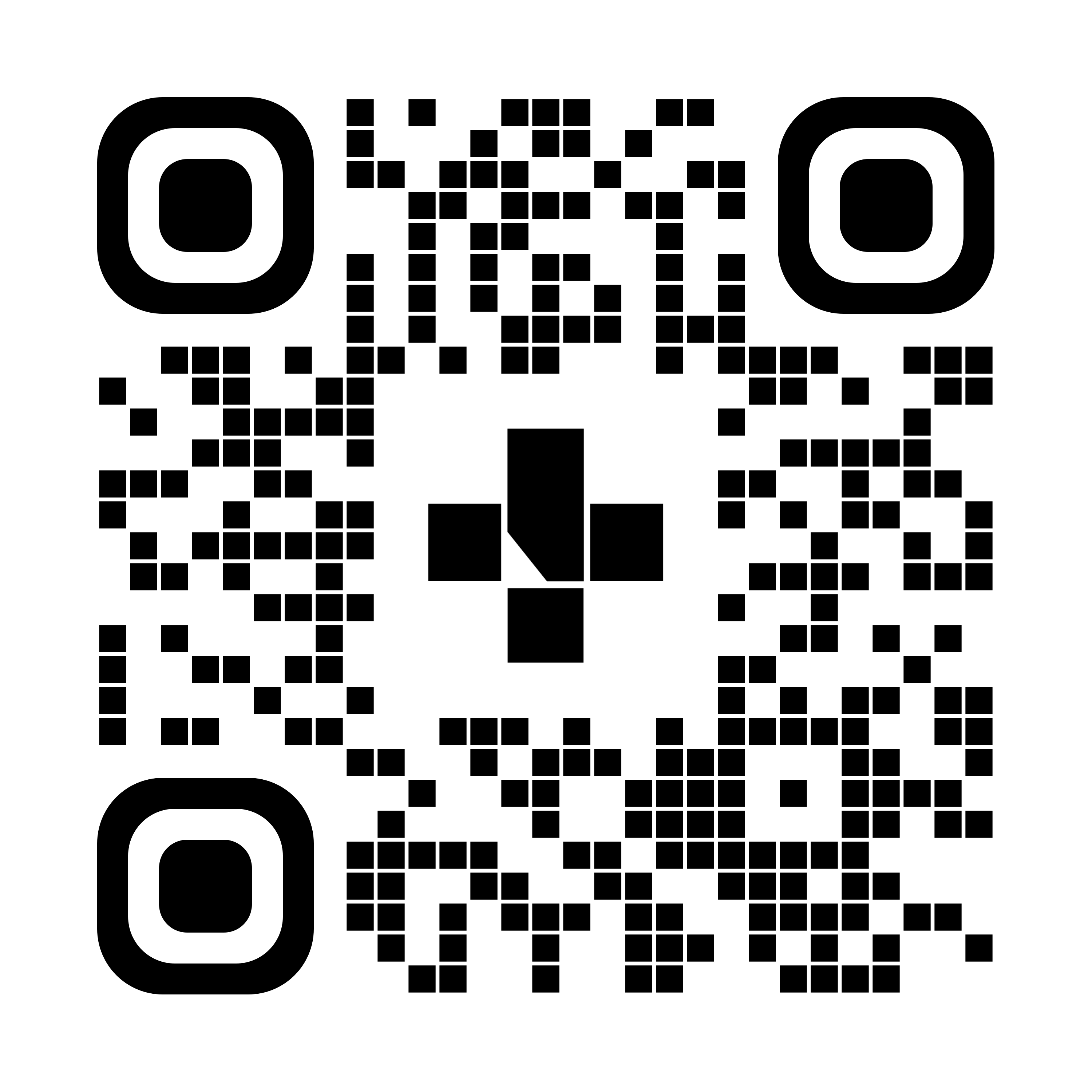Genetic Testing for Hereditary Cancer
Skin cancer panel
What is hereditary cancer?
Most cancers are caused by multiple factors that occur over the course of a lifetime. These factors can include age, lifestyle, environment, chance, and family history.
Some cancers are called hereditary, meaning that they are caused by a major genetic risk factor (called a pathogenic variant) that is passed down from parent to child. Some of our genes play a role in preventing cancer. Having a pathogenic variant in one of these genes stops the gene from working well. This means you will have a higher-than-average chance to develop cancer.
Hereditary cancer is not common. About 5 to 10 out of 100 people with cancer have a pathogenic variant in a hereditary cancer gene.
Genetic testing can be used to find out if the cancer in your family is hereditary. In Alberta, genetic testing is covered by the Alberta Health Care Insurance Plan if your medical history or if your medical and family history show possible signs of hereditary cancer. Genetic counsellors and healthcare providers look at many factors to determine who is eligible for genetic testing.
Possible signs of hereditary skin cancer include:
- melanoma diagnosed at a young age
- multiple cancers in the same person, like having several melanomas or many more than the average number of basal cell or squamous cell carcinomas
- multiple family members with the same or related cancers on the same side of the family
- having a rare health condition associated with hereditary skin cancer
Basal cell and squamous cell skin cancers are very common and are generally caused by sun exposure or age. Having multiple basal cell or squamous cell skin cancers is usually not a sign of hereditary skin cancer.
Skin cancer panel
The skin cancer panel test looks for pathogenic variants in many genes. The table below lists the genes that are included in the test.
If you have a pathogenic variant in any of these genes, this means that you were born with an increased chance of getting cancer. Different genes have different chances of getting cancer, and some genes increase your risk of getting more than 1 type of cancer.
Pathogenic variants in some genes, like BAP1 or CDKN2A, can mean you have more than a 1 in 2 chance (50%) of getting cancer. Other genes increase the risk for cancer by a smaller amount. Not everyone with a pathogenic variant in a hereditary cancer gene gets cancer.
Skin cancer panel genes
| BAP1 | CDKN2A | PTCH1 |
| CDK4 | CYLD | SUFU |
We are still learning about many of these genes. What we know about cancer risks and cancer screening could change over time. There may be other genes that increase risk for skin cancer that have not yet been discovered.
How hereditary cancer conditions are passed down through a family
You have 2 copies of almost every gene. One copy comes from each of your biological parents. When 1 biological parent has a pathogenic variant in a hereditary cancer gene, they have a 1 in 2 chance (50% chance) of passing it on to their child.

Results of the skin cancer panel
Genetic testing for hereditary cancer can give 3 results:
- Positive result (pathogenic variant): A positive result means that a pathogenic variant was found in 1 or more of the genes tested. When a pathogenic variant is found, you may be told that you have a hereditary skin cancer condition. A positive result might:
- explain why you had cancer
- help guide your cancer treatment
- tell if you have a higher risk to develop new cancer or cancers
- provide helpful information and the option of genetic testing for your family members
- lead to screening or prevention measures to protect you from developing another cancer or to catch cancer early if it does develop
- Negative or uninformative result (no variant detected): A negative result means no pathogenic variants were found in the genes tested. This significantly decreases the chance that you have a hereditary skin cancer condition. But other factors like your personal and family history can also determine your future cancer risks. Your genetics healthcare team can tell you what a negative result means for you and your family members.
- Uncertain result (variant of uncertain significance): An uncertain result means that a genetic difference was found, but that difference is not well understood at this time. The variant of uncertain significance (VUS) may be a pathogenic variant that increases the risk for skin cancer or the VUS might be a harmless genetic variant that does not increase the risk for cancer. Your genetics healthcare team will tell you what this result could mean based on the specific variant, your personal history of cancer, and your family history of cancer.
Genetic testing and life insurance
Because genetic testing can tell you information about your health, you may have questions about insurance. There is currently a law in Canada that provides some protection. For example, an application for life insurance should not ask about genetic results. However, the application may ask about medical conditions, such as cancer, for you and for your close biological relatives.
Deciding about genetic testing
Think about these questions:
- Do you want to have genetic testing?
- Do you want to talk to your family about genetic testing before you decide?
- Do you want to have the genetic test done now or in the future?
If you decide not to have genetic testing done, let your genetics healthcare team know. They can review cancer screening recommendations for you and your family based on your family history of cancer.
If you decide to have the skin cancer panel done, genetic testing is most often done on a blood sample. It takes several months for the test results to be ready.
If you have any questions, contact your genetic counsellor, the hereditary cancer clinic, or talk with your healthcare team.
To see this information online and learn more, visit MyHealth.Alberta.ca/health/aftercareinformation/pages/conditions.aspx?hwid=custom.ab_genetictest_skin_cancer_panel.

For 24/7 nurse advice and general health information call Health Link at 811.
Current as of: May 13, 2025
Author: Clinical and Metabolic Genetics, Alberta Health Services
This material is not a substitute for the advice of a qualified health professional. This material is intended for general information only and is provided on an "as is", "where is" basis. Although reasonable efforts were made to confirm the accuracy of the information, Alberta Health Services does not make any representation or warranty, express, implied or statutory, as to the accuracy, reliability, completeness, applicability or fitness for a particular purpose of such information. Alberta Health Services expressly disclaims all liability for the use of these materials, and for any claims, actions, demands or suits arising from such use.
